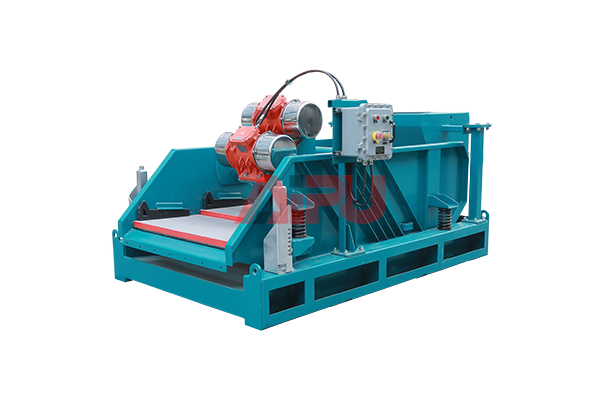Common Problems Related to the Operating Tips of Solids Control Equipment
Solids control equipment plays a crucial role in drilling operations, ensuring efficient separation of drilling fluids from cuttings. However, improper operation can lead to reduced performance, equipment damage, and increased downtime. Understanding common problems and their solutions is essential for optimal performance.

1. Inadequate Solids Removal Efficiency
One of the most frequent issues is poor solids removal efficiency. This often occurs due to incorrect screen selection, improper flow rates, or worn-out screens. To resolve this, operators should ensure the right mesh size is used for the specific drilling conditions. Regular inspection and replacement of screens are also critical.
2. Excessive Vibrations in Shale Shakers
Excessive vibrations can damage the equipment and reduce its lifespan. This problem usually stems from unbalanced motors, loose bolts, or misaligned components. Routine maintenance checks, including tightening bolts and ensuring proper motor alignment, can prevent this issue.
3. Centrifuge Overheating
Overheating in centrifuges often results from prolonged operation without breaks or insufficient lubrication. Operators should follow manufacturer guidelines for operation intervals and ensure proper lubrication of moving parts. Monitoring temperature gauges can help detect early signs of overheating.
4. Mud Loss in Desanders and Desilters
Mud loss occurs when hydrocyclones are not properly adjusted or when worn-out parts fail to create adequate pressure. Regular inspection of cones and adjustment of feed pressure can mitigate this problem. Replacing damaged parts promptly is also essential.
5. Pump Cavitation
Cavitation in transfer pumps leads to reduced efficiency and potential damage. This typically happens when suction lines are clogged or when pumps operate at incorrect speeds. Ensuring clean suction lines and maintaining proper pump speeds are key preventive measures.
6. Electrical System Failures
Electrical issues, such as short circuits or motor failures, can halt operations. Regular inspection of wiring, proper grounding, and adherence to electrical safety protocols can minimize these risks. Using quality components and following manufacturer specifications is crucial.
7. Improper Equipment Sizing
Using undersized or oversized solids control equipment for the drilling operation leads to inefficiencies. Proper evaluation of drilling conditions and consultation with experts ensures the right equipment is selected for optimal performance.
If your project requires solids control equipment, choose Aipu Solids Control, and it will be your best choice.
